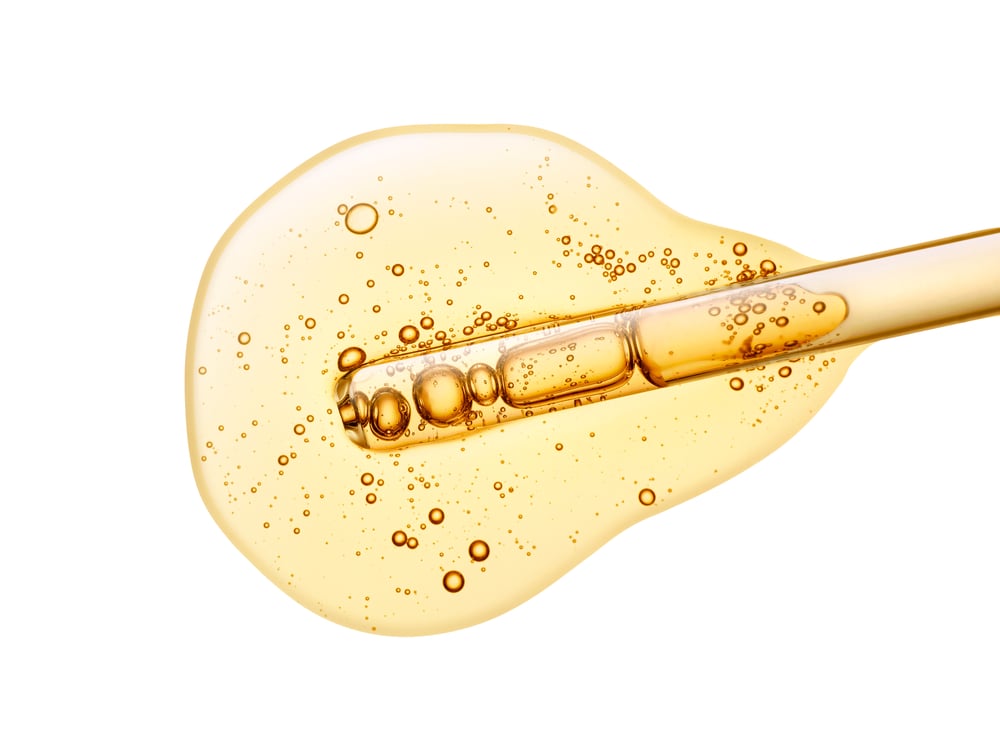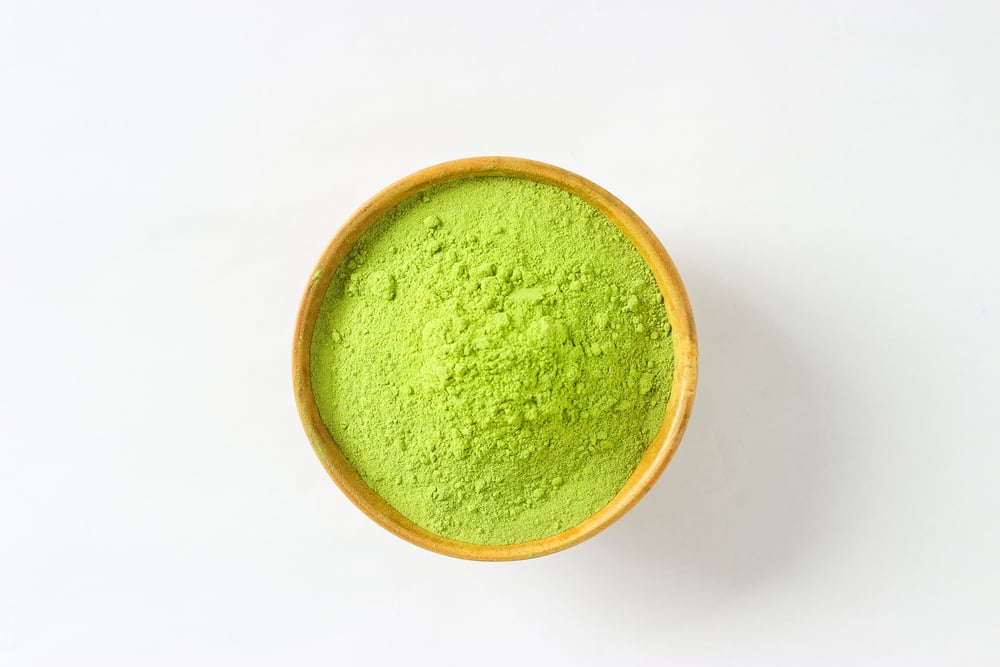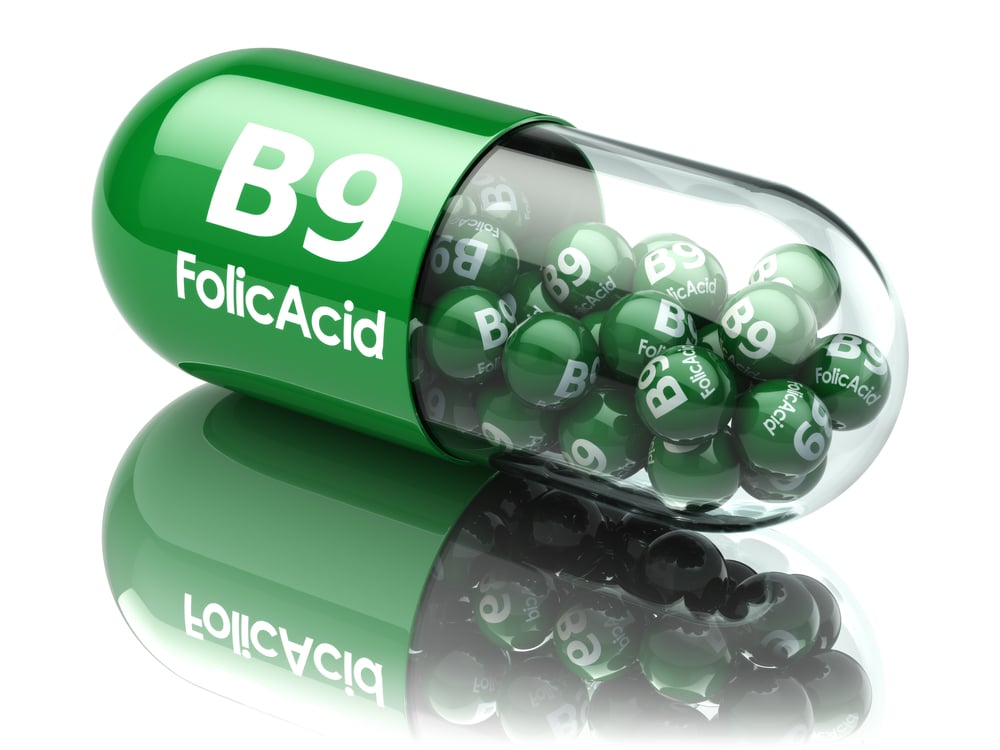Supplements That Slow Down Aging

As we age, it's important to make sure that we're doing everything we can to stay healthy. One way to do this is by taking supplements that help slow down the aging process. In this blog post, we will discuss some of the best supplements for slowing down the aging process. We'll also talk about how they work and what benefits they provide. So if you're looking for ways to stay young and vibrant, be sure to read on!
Turmeric

Turmeric is a spice that has long been used in traditional medicine. It is derived from the root of the Curcuma longa plant and has a distinctive yellow-orange color. Turmeric is often used to add flavor and color to curries, but it also has numerous health benefits. One of these benefits is that it helps to slow down aging. Turmeric contains a compound called curcumin, which is a powerful antioxidant. Antioxidants help to protect cells from damage caused by oxidative stress, which is one of the main causes of aging. Additionally, curcumin has anti-inflammatory properties, which can help to reduce the risk of age-related diseases such as Alzheimer's disease and heart disease.
Vitamin C

Vitamin C is a vital nutrient that helps the body to repair and regenerate tissue. It is also a powerful antioxidant, meaning that it helps to protect cells from damage caused by free radicals. Free radicals are unstable molecules that can cause oxidative stress, which has been linked to the development of various age-related diseases. Vitamin C helps to neutralize free radicals, thus reducing the amount of oxidative stress in the body. In addition, vitamin C aids in the production of collagen, a protein that helps to keep skin firm and elastic. As we age, our bodies produce less collagen, leading to wrinkles and other signs of aging.
EGCG

EGCG, a compound found in green tea, has been shown to have numerous health benefits. In addition to being a powerful antioxidant, EGCG has also been shown to boost metabolism and protect cells from damage. Now, new research suggests that EGCG may also help to slow down the aging process.
Folic Acid

Folic acid is a nutrient found in leafy green vegetables, legumes, nuts, and fortified foods. It's an important part of the diet for women of childbearing age, since it helps to prevent certain birth defects. Folic acid is also important for everyone else, since it helps to prevent anemia and plays a role in cell growth and repair. Recent research has also shown that folic acid may help to slow down the aging process. Folic acid helps to maintain the level of telomeres in cells, which are the protective structures at the ends of chromosomes. Telomeres protect chromosomes from damage and shorten as cells age. Folic acid may help to keep telomeres from shortening as quickly, which could lead to slower aging and a reduced risk of age-related diseases.
Fish Oil

Fish oil is a type of oil that is derived from the tissues of oily fish. Fish oil has been shown to have a number of health benefits, including reducing inflammation, improving heart health, and boosting cognitive function. Fish oil is also believed to help slow down the aging process. One of the main reasons for this is that fish oil contains high levels of omega-3 fatty acids. These fatty acids are believed to help protect cells from damage, which can help to keep the body functioning optimally for longer. Fish oil supplements are available for purchase online and in many health food stores.
Zinc

Zinc is a mineral that is essential for human health. It is involved in many biochemical processes, including cell growth and repair, immunity, and digestion. Zinc also has antioxidant properties, which means that it can help to protect cells from damage caused by free radicals. Because of these benefits, zinc has been studied for its role in slowing down the aging process. While more research is needed, some evidence suggests that zinc supplementation may help to reduce the risk of age-related diseases such as Alzheimer's and cancer.



